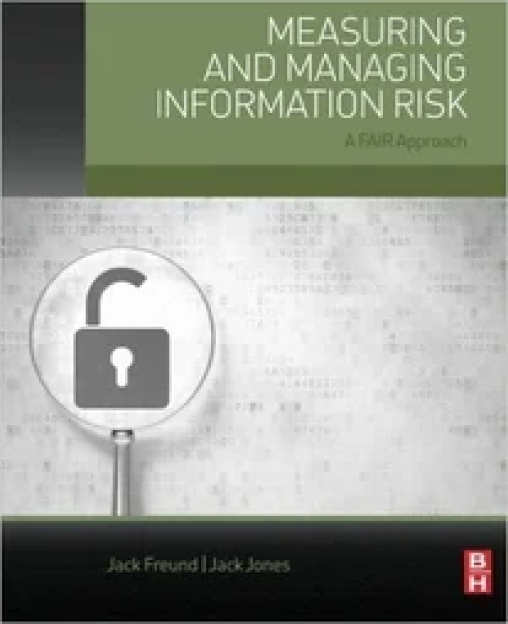Learn How FAIR Can Help You Make Better Business Decisions
Order today

 “I don’t know.”
“I don’t know.”
“I have no idea.”
“Where would I get that information?”
“I have no way of getting that information.”
These are just a couple of the common responses we see when someone first attempts an analysis. In this brief post, I plan to share some great secrets in how to get through those seemingly impossible analyses with solid data in record time.Emailing a colleague with questions or data will often result in an extreme delay or even no response at all. It’s easy for people to ignore an email, but when you are face to face with a person, you are far less likely to ignore the person asking questions.
If your subject matter expert is from incident response, do not start out asking for estimations on business financials. Start with the questions that your expert will know off hand and keep going down your list – you may get all the data you need in one short conversation!
There will often be instances when your Subject Matter Expert “doesn’t have the data on hand.” Follow-up with more concrete data, is always welcome. However, when you have a person in the room, get data based on the subject matter expert’s recollection and/or experience. The data that they have is far better than an analyst’s estimation – no matter how calibrated you might be.
Related:
[White Paper] Effectively Leveraging Data in FAIR Analyses
